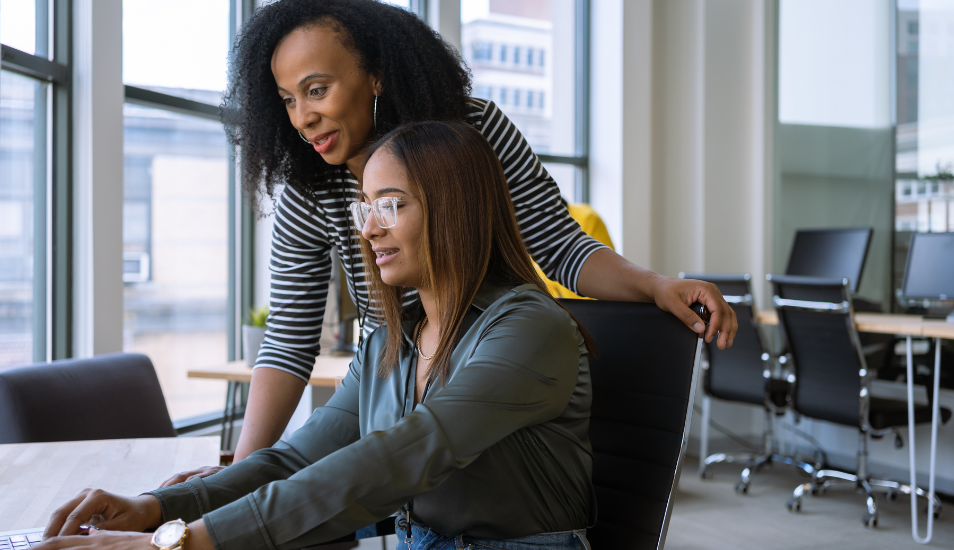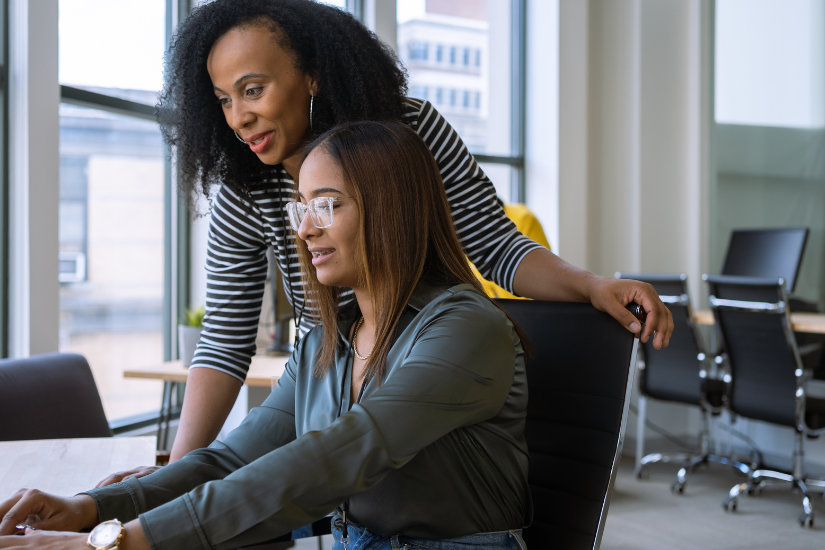Are You Certain?

As the President and CEO of MANA, I lead an organization that empowers Latina women through leadership development, community service, and advocacy.
Since 1-in-5 Latinas over the age of 65 live in poverty, one of our key advocacy priorities is ensuring that Latinas have the ability to achieve financial certainty through retirement.
Not long ago I joined a Kitchen Table Conversation with ACLI President and CEO Susan Neely and Juan Jaime, a financial professional from World Financial Group, where we discussed the financial challenges that Latinas face.
Latinas are one of the longest-living demographic groups. But they are also one of the lowest-paid. They often work in jobs that historically haven’t had access to workplace retirement accounts. Plus, they often think they don’t have the resources to work with financial professionals.
As Juan Jaime noted during the Kitchen Table Conversation, “I always tell clients it costs you more, not getting the information. Instead of thinking, how much is it going to cost me to get information, I’m here to tell you it’s going to cost you more, not getting it long term.”
A proven way to tackle retirement insecurity is by increasing financial literacy. A Wharton study found that more than one-third of financial inequality in the United States could be accounted for by the differences in financial literacy.
With support from the AARP Foundation, MANA has partnered with the Women’s Institute for a Secure Retirement on the Latina Savings Project. At MANA chapters across the nation, we hold financial workshops for low- and moderate-income Latinas where we share information about how to sign up for a no-fee, savings account. We also provided them with financial incentives to save through matching funds, similar to how employers incentivize 401(k) savings by their employees.
More than three-quarters of the workshop participants signed up for the account and a majority saved during the six months after enrollment. Those who consistently saved for six months reported very high or extremely high degrees of confidence in their ability to maintain their savings habits in the future.
The Latina Savings Project reaffirmed how important it is to make sure that we are connecting women to educational resources and to financial professionals who can help them navigate and plan what they can and can’t do with the amount of money they’ve got.
Indeed, Susan Neely cited ACLI research that shows families with a financial plan are among the most financially secure, even when they don’t have a six-figure income.
Solving the financial challenges faced by Latinas won’t happen overnight. But working together with government and enlightened businesses like life insurers, we can develop inventive tools, programs and legislation that will provide more opportunities for Latinas to achieve financial certainty.

